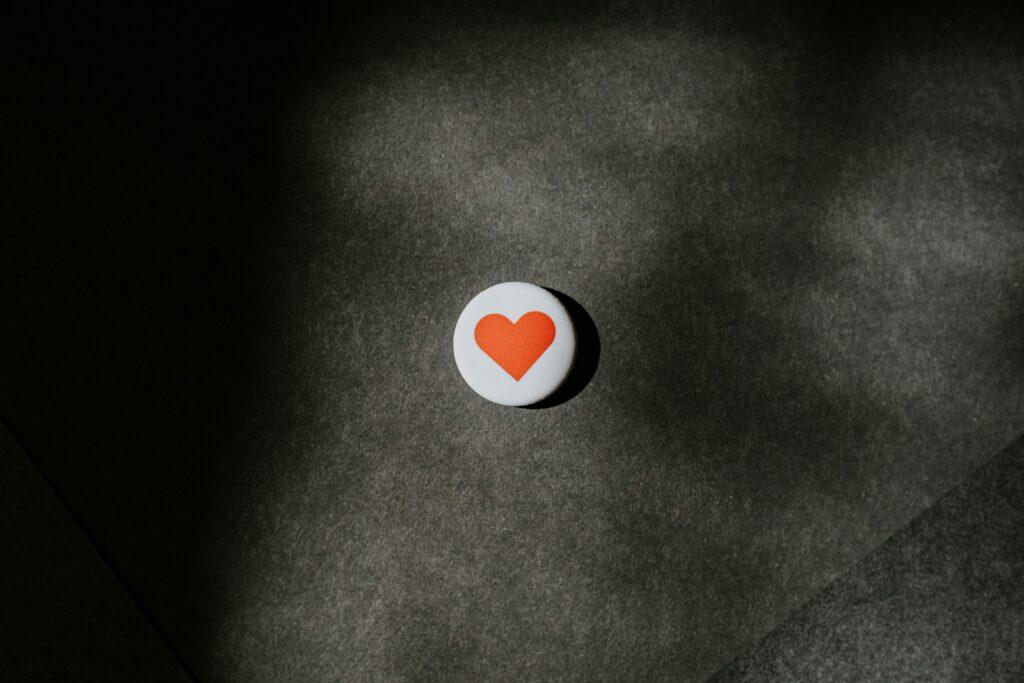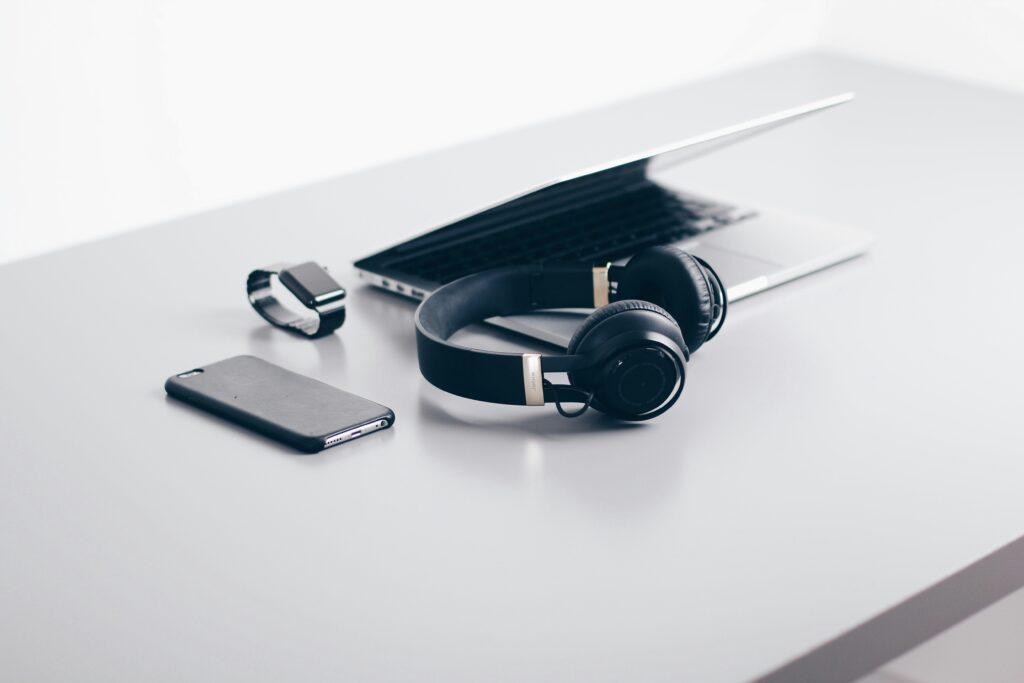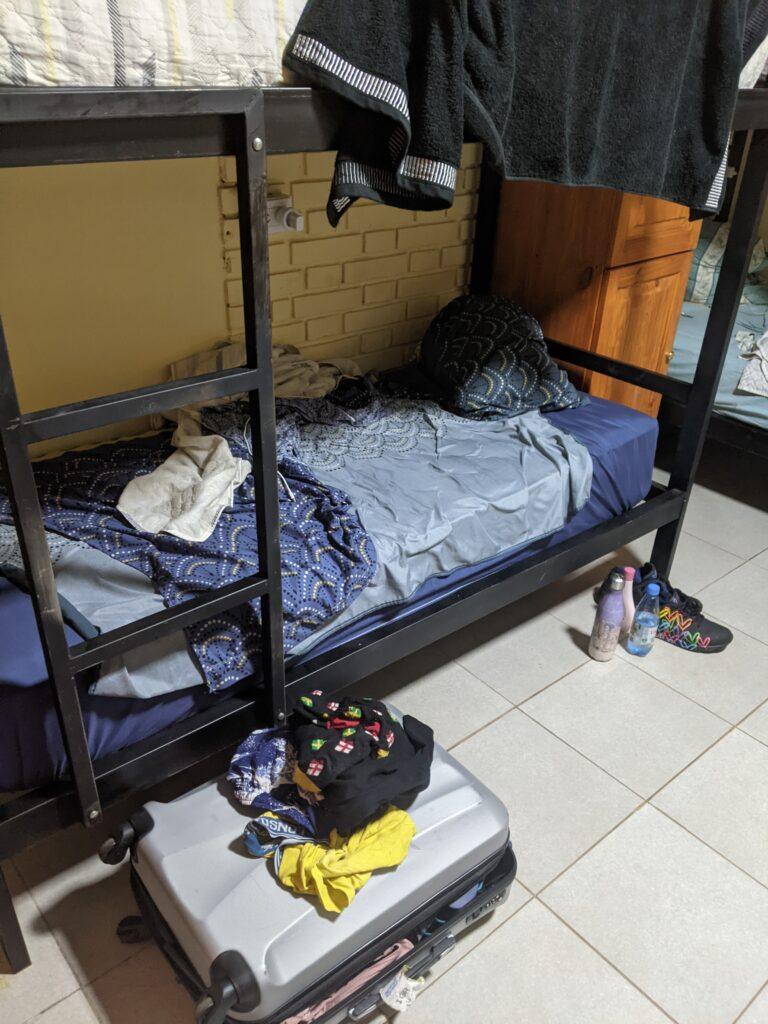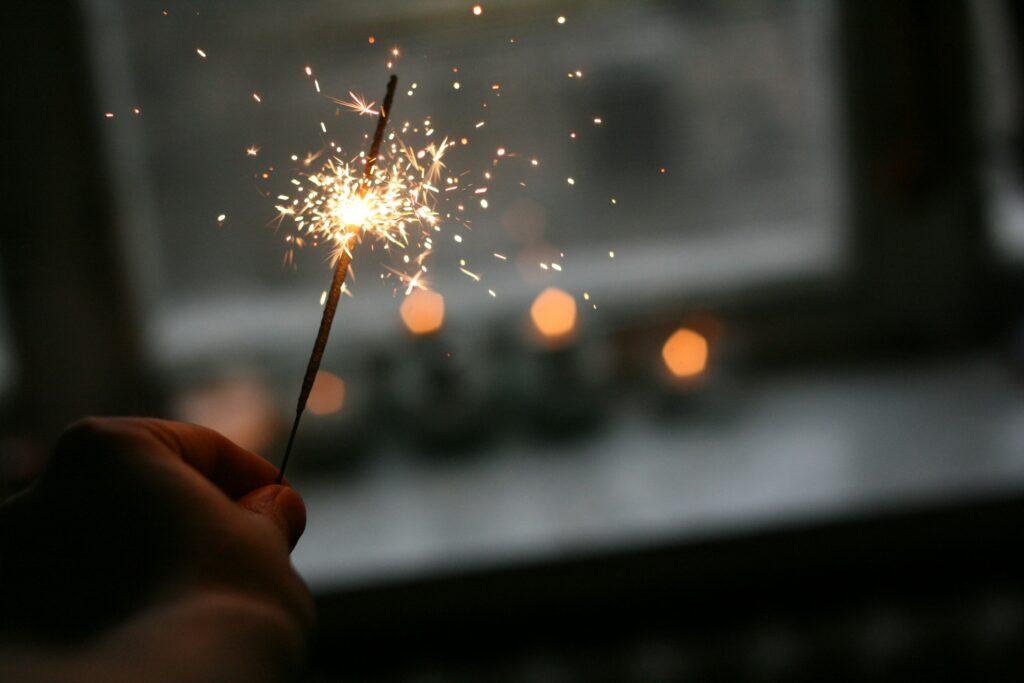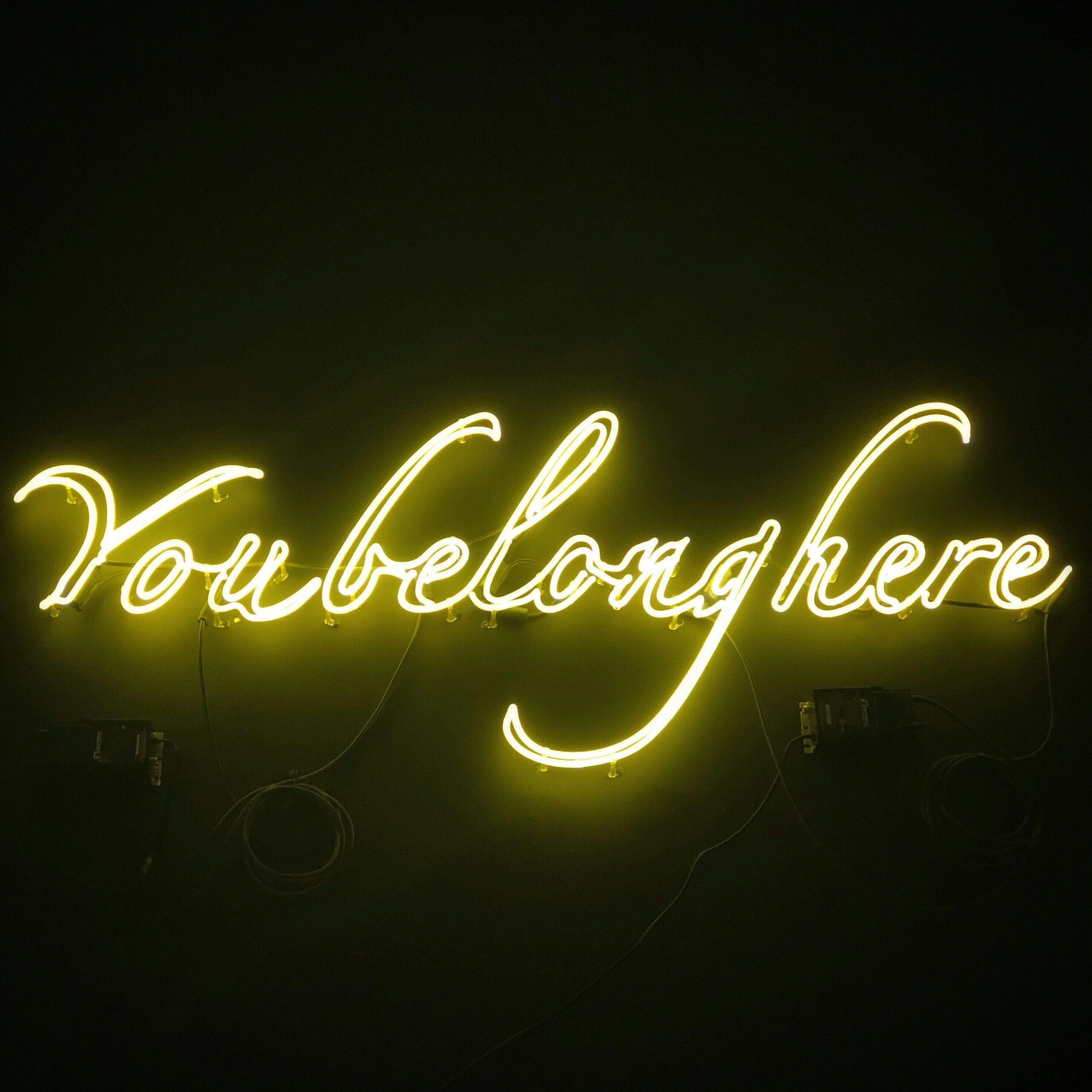
Photo by Amer Mughawish on Unsplash
This weekend, I went to a small group discussion with marginalised people from racialised backgrounds.
It’s really interesting being in these open spaces, delving on complex and emotive topics. I was fascinated by how someone was trying to explain the challenge of finding a group for people like them.
This only becomes more complex when you add in further intersections – for example someone coming from different nationalities, along with a certain ethnic background, also being neurodiverse and identifying as LGBT+ (which was indeed the case for someone in my group). When you are getting this niche, realistically it’s unlikely you will ever meet someone who is like you from a characteristic perspective, even if you tried.
This brought up a conversation more broadly about a sense of belonging. This got me thinking about my own personal experience. It’s something I’ve struggled a lot with.
On the one hand, I recognise that the more I see myself as an outsider the more I create myself to be that – I will act aloof with people, and distance myself. This only makes me seem more of an outsider, both to other people and myself.
On the other hand, I recognise the importance of seeing what is in front of me – there are real differences in my background and the way I live my life which can bring a sense of difference with the people around me.
The interesting part is how I, or anyone else might respond to this. One school of thought is to find refuge by looking for our own groups – where we can truly feel ourselves because we find people similar to us. After all – wouldn’t it be easy to just find a collective where we feel welcome and don’t have to explain ourselves?
Whilst I like this idea in theory, my practical experience is that this doesn’t work as well as it might sound. When I’ve gone into groups which I could call ‘my own’ – whether race or something else – my experience has been mixed.
Sometimes, it is indeed to have someone to connect with. But when the main topic of conversation is a connection due to race, disability, LGBT+ etc. it can become hard to go beyond a fairly superficial conversation. I found myself in conversation with people that actually I had nothing really else in common with, without any real reason to actually speak with them.
Sometimes, we can forget that connecting with people goes beyond a single characteristic – it’s about creating a mutual bond. A common interest or background can help, but it’s not necessarily all that important. We meet people by circumstance, but we keep in touch with them through a sense of care and connection.
Spaces with people we think we’d connect with can actually be far less inclusive than they sound. I’ve been to social events with people from a similar marginalised group. I thought I would find it easy to connect with them, instead I actually found the whole experience actually quite draining.
The sad reality is that many marginalised spaces can have a lot of hurt and pain, meaning people are not actually all that emotionally available to connect. I found myself being around people who were pretty negative, and by the end of the event I actually was looking forward to being away from them.
So I’ve come to the conclusion that it’s better to discern people based upon their energy and feel. It’s a much more intuitive thing than we can sometimes explain, particularly when we look at it from a purely logical perspective. That’s not to say that it’s not helpful to go into spaces where we’re likely to meet people we have things in common with. But it is also to say that basing connection on a single factor can be ineffective.
So where do we find this sense of ‘belonging’?
Like many philosophical answers, I find myself returning to the same answer: starting from within.
Belonging starts from us feeling like we belong ourselves. If we feel like we belong, we no longer have this need to find a space where we explicitly ‘belong’. Conversely, it is the sense that we do not belong which creates this need to find belonging. And so we go searching for it from an external source.
The first step is to believe that we belong in the world for ourselves. Yet I also admit that I find this an extremely tough thing to do, and many reasons that we can be made to not feel that way. I also admit that I’m really struggling with this at the moment.
Yet I also don’t think that makes this any less true, no matter what life throws at us.
It might be difficult, but I think we can choose to see that we are enough, that we belong, and that we are content.
Doing so can completely change the way we experience life. But it starts from within.
